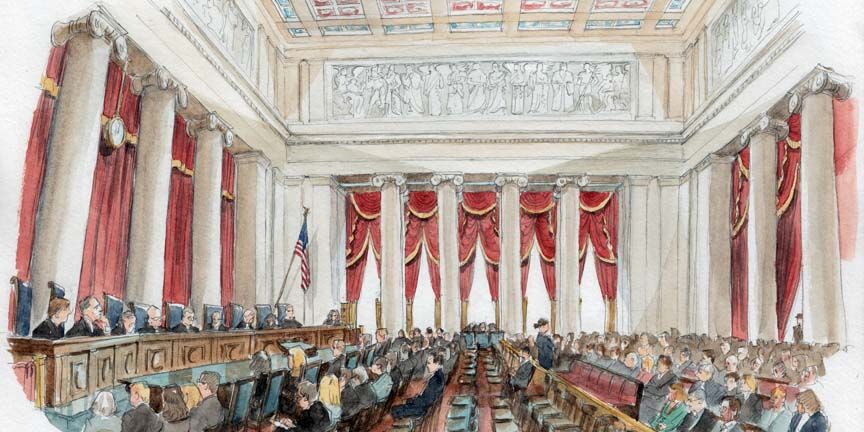Petitions of the week

on Oct 17, 2018 at 10:12 am

This week we highlight petitions pending before the Supreme Court that address, among other things, the classification under the Armed Career Criminal Act of a criminal offense that requires a defendant to have acted recklessly; the constitutionality of a categorical exclusion of houses of worship from qualifying for a government historic preservation grant; and the extent to which an accommodation must eliminate a conflict between work and religious practice to be “reasonable.”
The petitions of the week are:
Issues: (1) Whether an accommodation that merely lessens or has the potential to eliminate the conflict between work and religious practice is “reasonable” per se, as the U.S. Courts of Appeals for the 1st, 4th and 11th Circuits hold; does it instead create a jury question, as the U.S. Courts of Appeals for the 8th and 10th Circuits hold; or must an accommodation fully eliminate the conflict in order to be “reasonable,” as the U.S. Courts of Appeals for the 2nd, 7th and 9th Circuits hold; (2) whether speculation about possible future burdens is sufficient to meet the employer’s burden in establishing “undue hardship,” as the U.S. Courts of Appeals for the 5th, 6th and 11th Circuits hold, or must the employer demonstrate an actual burden, as the U.S. Courts of Appeals for the 4th, 8th, 9th and 10th Circuits hold; and (3) whether the portion of TWA v. Hardison opining that “undue hardship” simply means something more than a “de minimis cost” should be disavowed or overruled.
Issues: (1) Whether using generally available historic preservation funds to repair or restore a house of worship constitutes a “religious use” that falls outside the scope of Trinity Lutheran Church of Columbia Inc. v. Comer; and (2) whether the categorial exclusion of all active houses of worship from historic preservation grants violates Trinity Lutheran and the First Amendment as an exclusion based on religious status.
Issue: Whether the categorical exclusion of active houses of worship from a competitive government grant program advancing the secular interest of historic preservation violates the free exercise clause of the Constitution of the United States.
Issue: Whether a criminal offense with a mens rea of recklessness qualifies as a “violent felony” under the Armed Career Criminal Act, 18 U.S.C. § 924(e).


